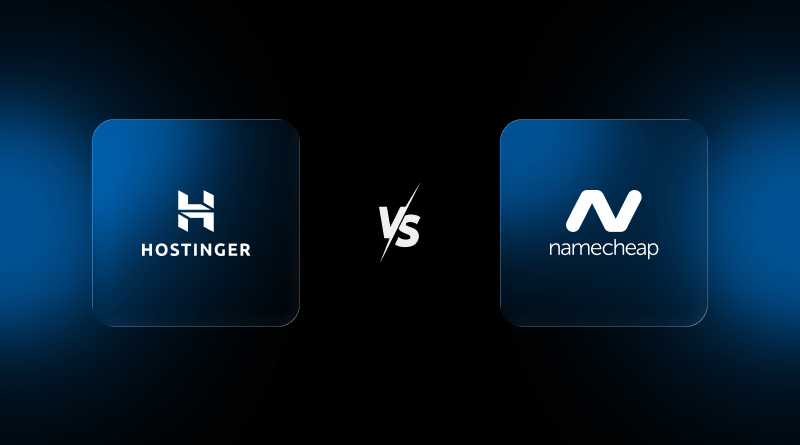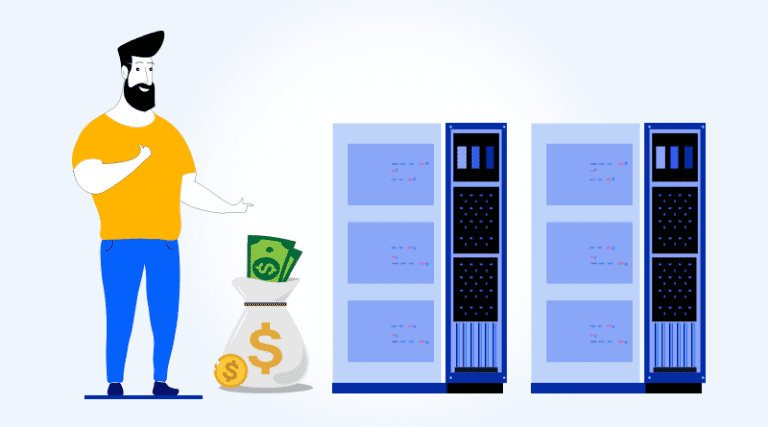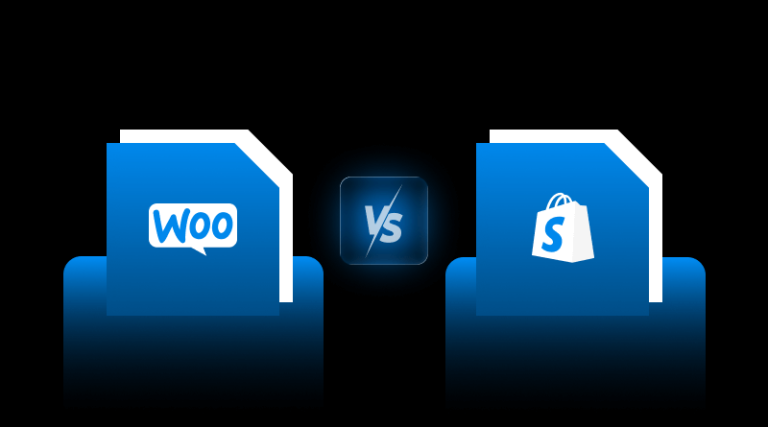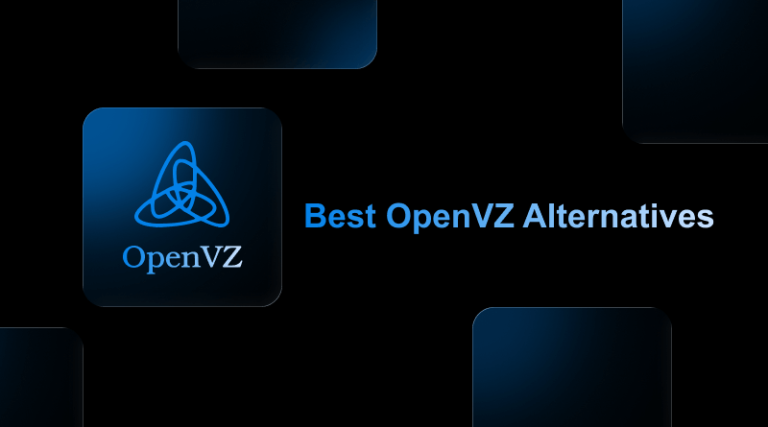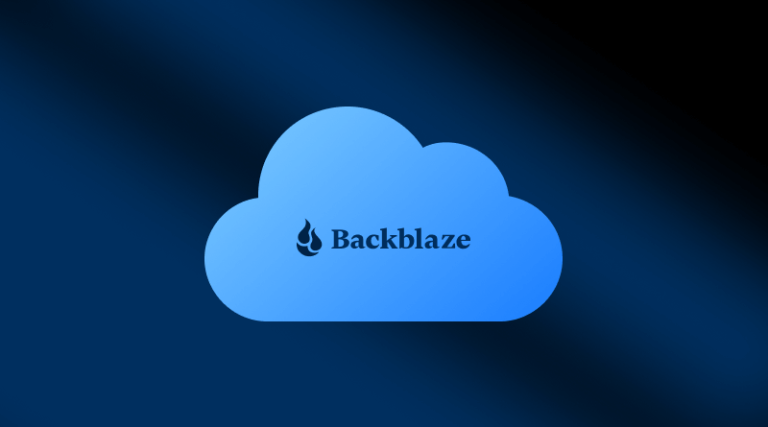Budget-friendly hosting is the first priority for beginners with limited web hosting costs. They search web hosts in the list of best web hosting providers and finalize MilesWeb, Hostinger, and Namecheap. Explore our ‘What is MilesWeb’ guide to understand what our brand offers. However, for the other two contenders, you need to read this blog about Hostinger vs. Namecheap.
Namecheap draws attention as a cheap web hosting brand, while Hostinger is popular for its high-speed web hosting plans. Both offer good deals but exhibit unique features and offerings. This blog will decode the features, pricing, and their USPs.
Table Of Content
Hostinger: Unveiling the Profile
Web hosting services are what Hostinger primarily sells. Founded in 2004, the company has provided fast, reliable, and affordable services with the goal of empowering people to have an online presence. They offer plans for beginners as well as enterprises. The business is based in Vilnius, Lithuania.
Hostinger’s comprehensive range of web hosting plans includes shared, managed WordPress, VPS, and cloud hosting. Its add-on services include domain registration, business email, Google Workspace, and email marketing tools. Furthermore, their proprietary control panel tool, hPanel, is designed for easy technical management. They prioritize performance and speed by utilizing LiteSpeed Web Servers and NVMe SSD storage across their global network of data centers.
Namecheap: Unveiling the Profile
Namecheap is a prominent web hosting brand that primarily focuses on providing web hosting services. The comprehensive web hosting suite includes the same names as Hostinger. Hence, you can call it a Hostinger alternative. It helps businesses and individuals to establish a strong online presence, emphasizing affordability and quality. Their technical stack includes 2FA, VPN, marketing tools, and more.
Key Features: Hostinger
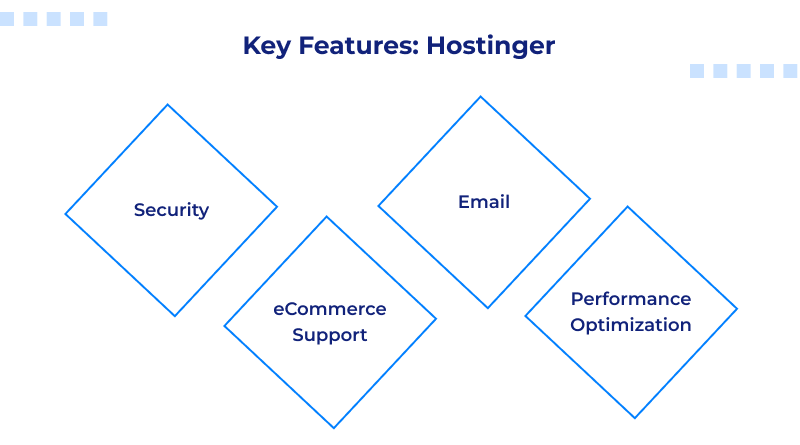
Hostinger offers a comprehensive suite of features aligning with all web admins.
1. Security
Hostinger offers best-in-class fortified security across its services. Its features like SSL certificates, DDoS protection, and regular malware scanning are remarkable. Its hPanel makes the accessibility of security features easier. Users have the option to enable SSL, analyze server resources, and detect malware right away. It secures the website from multiple cyber threats. Hostinger CDN includes IP and country blocking options that address threats more meticulously.
2. eCommerce Support
Hostinger’s web hosting plan is seamlessly compatible with WooCommerce stores. It makes setting up eCommerce websites easier. And creating or scaling an online store is simpler with Hostinger. To provide faster load times, hosting providers will optimize some of the settings. This helps to keep shoppers engaged and boost conversion rates. The platform supports other well-known eCommerce platforms, including PrestaShop and OpenCart.
3. Email
hPanel makes email account management an easier task. With auto-responders and forwarding support, you can easily create and manage email accounts. Hostinger also offers email services with advanced spam protection. Anti-spam measures and antivirus checks are included in the email service itself. The two help protect your email environment from malware and phishing attacks.
4. Performance Optimization
Hostinger always considers performance as the priority. Hence, their servers include elements like CDN, which reduces the page loading times. Also, the use of LiteSpeed Cache makes the server-side caching easier. MilesWeb’s implementation of this proven mechanism is fundamental to our ability to maintain a 99.9% uptime guarantee.
Key Features: Namecheap
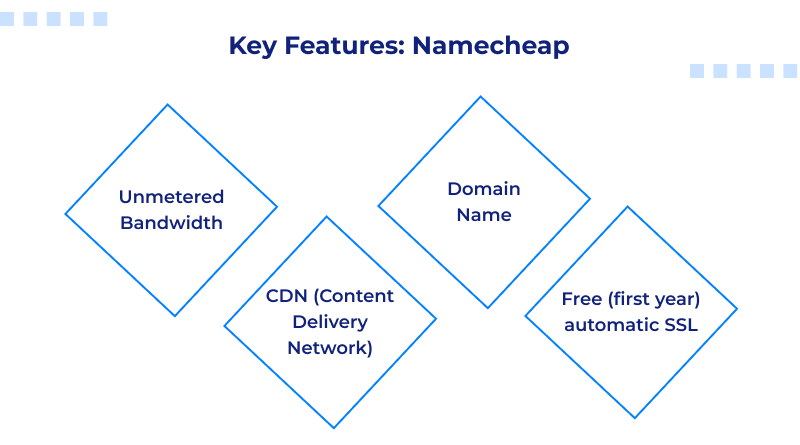
1. Unmetered Bandwidth
Namecheap offers unmetered bandwidth, where they don’t cap the amount of data transfer (traffic) your websites can use. So, small businesses or personal websites won’t hit the traffic cap or incur more cost to enhance performance.
2. CDN (Content Delivery Network)
The web host distributes content globally using CDN technology. It caches the static files (CSS, JavaScript, and images) of the website. It makes the website’s accessibility easier, resulting in a significant increase in performance. Worldwide users can count on Namecheap.
3. Domain Name
Domain name signifies the address of a URL. Namecheap is an ICANN 1.1 registered registrar, and the service allows you to either register a new domain or transfer an existing one. It is the first step towards building your online brand and identity.
4. Free (first year) automatic SSL
Secure Socket Layer (SSL) is a security protocol that creates an encrypted channel between a browser and a web server. This feature will automatically install an SSL certificate on your site and hence protect any data transferred, including login details or payment information. With the certificate being offered without any charge during the initial year, Namecheap also ensures that your website is secure and appealing to the audience.
Hostinger vs Namecheap: Pricing
| Hosting Type | Hostinger (Introductory Price) | Namecheap (Introductory Price) |
| Shared Hosting | £2.29/mo | £1.52/mo (Stellar plan) |
| Managed WordPress | £2.29/mo | £7.56/mo (EasyWP Starter plan) |
| VPS Hosting | £3.82/mo | £5.27/mo |
| Cloud Hosting | £6.12/mo | Not Offered |
| Dedicated Servers | Not Offered | £33.59/mo |
Hostinger vs Namecheap: Performance
We have evaluated the performance of both based on the GTMetrix score.
Hostinger
Hostinger’s GTmetrix results look great! It was rewarded with an A grade and 96% for both performance and structure. It means technically they are well-optimized. The LCP scores 1.2 seconds, which signals a fast loading time.
TBT (Total Blocking Time) is zero, meaning the site feels fast and responsive. Layout shift is not present (CLS 0), so loading is smooth. Additionally, the fully loaded time is just 1.2 seconds, which contributes to a smooth browsing experience. Hostinger offers fast and stable performance and a 99.9% uptime guarantee, which matches industry standards.
Namecheap
Namecheap’s GTmetrix results are a bit of a mixed bag. The site got a C grade with a 64% performance score, but a strong 94% structure score means it’s well-built technically. Users see the main content fast with the Largest Contentful Paint (LCP), which is quick (1.2 seconds).
At 5.3 seconds, the site’s Total Blocking Time (TBT) may lag when interacting with it. The layout stays stable while loading, and CLS is 0. The downside? Loading takes about 14.8 seconds, and it takes around 13.6 seconds to become fully interactive. There is a 100% uptime guarantee offered by Namecheap.
The blog has given you a comprehensive review of Hostinger and Namecheap. We have discussed key features of both web hosts. Ultimately, making a decision comes to the point where you want your website to grow. Those looking for basic domain registration and entry-level hosting may find Namecheap’s service satisfactory. The long-term value of Bluehost is better if you’re building a blog, growing an eCommerce business, or managing multiple websites.
Fast, secure WordPress hosting, affordable pricing, SEO tools, a streamlined dashboard, and 24/7 expert support make it easy to launch, manage, and scale your online presence. Ready to get started? Explore our shared hosting plans with a simplified and robust infrastructure.
FAQs
1. How do the renewal prices of Hostinger and Namecheap compare after the introductory period?
In general, Hostinger has prices that are higher than their introductory ones at the point of renewal, but Namecheap has theirs at a more moderate and predictable level, which makes Namecheap seem more affordable in the long term.
2. Does Hostinger and Namecheap have a free domain name in their hosting package?
Yes, both providers do have a free domain on chosen annual packages; nevertheless, Hostinger provides this opportunity to a wider category of packages. It is a small benefit that will remove more yearly registration costs.
3. Does Namecheap have a basic SSD storage similar to the NVMe storage of Hostinger in terms of speed?
No. NVMe storage offered by Hostinger is more efficient and faster than the standard SSD storage offered by Namecheap, which makes its loading times shorter and the operation of websites more efficient.
4. How do Hostinger’s hPanel and Namecheap’s cPanel differ in terms of running my website?
hPanel is designed specifically to be user-friendly with a simple interface, whereas the traditional cPanel is used in Namecheap and allows more control to the user.

